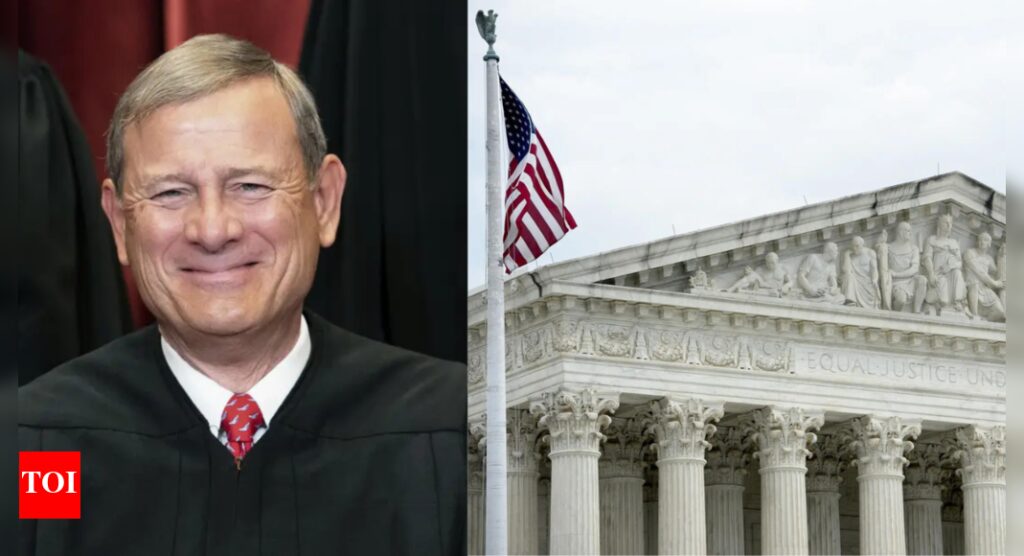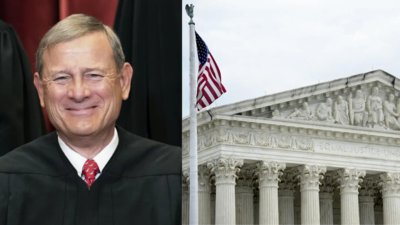US Chief Justice John Roberts on transgender healthcare: Upholds state bans while sidestepping Trump’s agenda; liberals say trans kids left unprotected

US chief justice John Roberts has delivered a ruling on transgender healthcare that upholds restrictions but avoids hardline stances, aiming to strike a balance in one of the Supreme Court’s most sensitive decisions.
Ruling affirms bans, avoids deeper legal precedent
In a 24-page opinion issued Wednesday, Roberts upheld Tennessee’s law that restricts gender-affirming care like puberty blockers and hormone therapy for those under 18. While affirming the state’s authority, Roberts carefully avoided endorsing broader conservative arguments that could have made transgender individuals more vulnerable in other legal contexts.“This case carries with it the weight of fierce scientific and policy debates about the safety, efficacy, and propriety of medical treatments in an evolving field,” Roberts wrote. “We leave questions regarding its policy to the people, their elected representatives, and the democratic process.”The chief justice said the law classified treatment based on age and medical use, not sex. That explanation avoided the need for a strict constitutional review.
Conservative justices push further
Some conservatives on the bench pushed for a broader ruling. Justice Clarence Thomas accused medical professionals of compromising their judgment to advance political goals. Justice Amy Coney Barrett, in her own opinion joined by Thomas, argued transgender people should not be viewed as a protected class deserving heightened legal scrutiny. She also raised concerns about trans participation in sports.Justice Samuel Alito joined in criticising the court’s 2020 Bostock decision, which extended workplace protections to gay and trans employees. However, Roberts declined to extend or roll back Bostock in this case.
Liberal dissent laments abandonment of trans youth
Justice Sonia Sotomayor, writing for the liberal dissenters, strongly objected to the court’s refusal to apply stricter legal review. “By retreating from meaningful judicial review exactly where it matters most, the Court abandons transgender children and their families to political whims,” she wrote.She argued that transgender Americans face discrimination in healthcare, housing, and employment, and that the court’s inaction left them “doubly vulnerable to state-sanctioned discrimination.”
Trump policies loom over ruling
Since returning to office in January, US President Donald Trump has signed multiple executive orders affecting trans Americans, including the expulsion of trans military personnel. Justice Sotomayor highlighted these actions in her dissent, warning that the current federal agenda was amplifying discrimination.Roberts’ ruling did not talk directly about these bigger political issues but repeated his earlier calls for judges to stay cautious and limited in their role. During oral arguments in December, he said, “My understanding is that the Constitution leaves that question to the people’s representatives rather than to nine people, none of whom is a doctor.”
Legal and political consequences
While the decision supports states like Tennessee for now, civil rights groups say the limited reasoning means it could still be challenged in the future.”It’s a devastating loss for trans youth and their families,” said Cecillia Wang of the ACLU. “But the opinion is cabined both on the record and on doctrine. We live to fight another day.”








